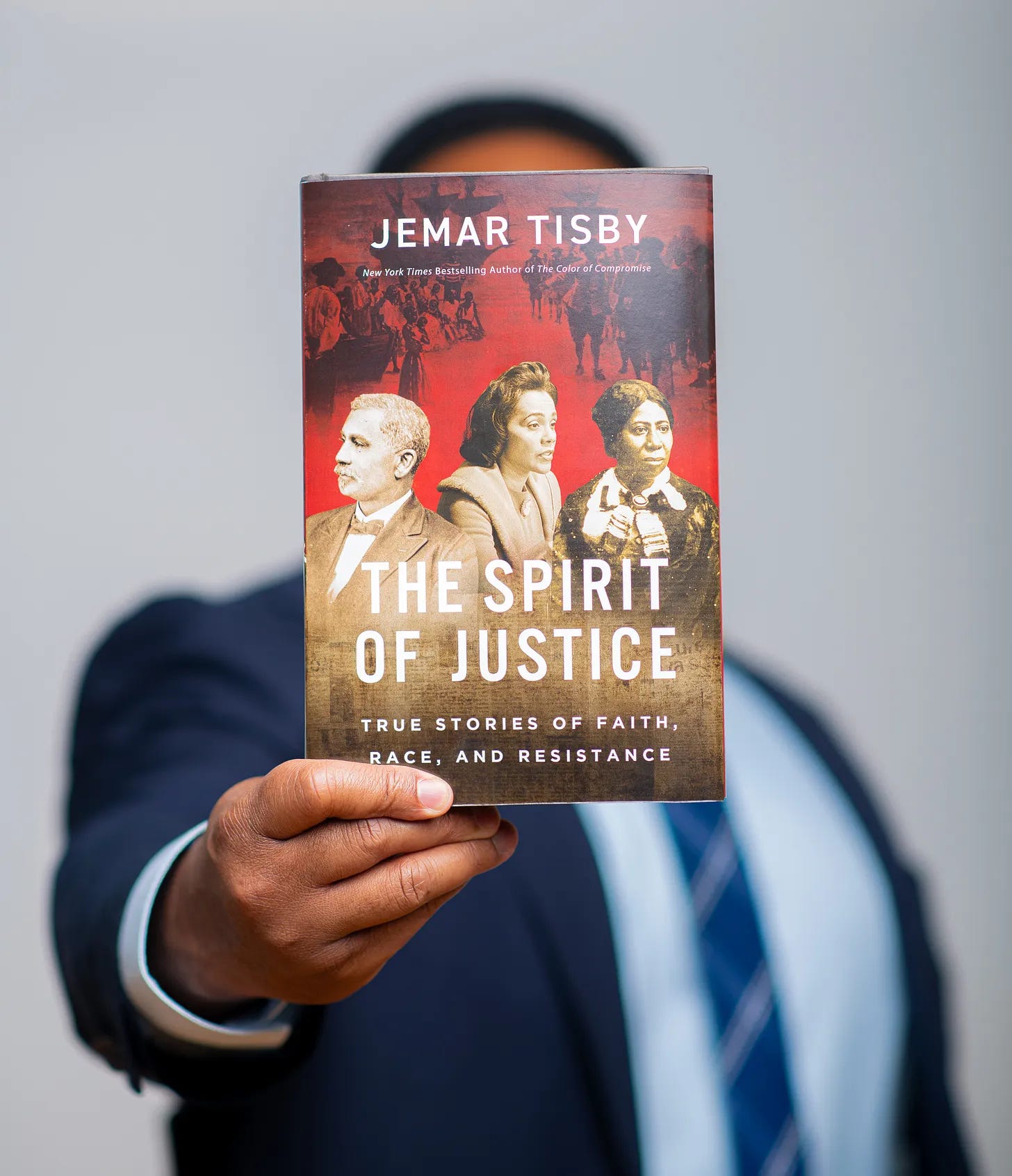My ambition is to do more video content. If you find this type of work helpful, I’ll need even more resources to make it happen. Become a paid subscriber today.
The only thing worse than having corrupt leaders is a populace that enables and applauds the malfeasance.
What we are seeing under this regime is nothing less than a malevolent, avaricious, nihilistic rampage of authoritarianism and abuse of power.
The consolidation of power in the executive branch, defunding USAID and the life-saving interventions it provides, attacking Diversity, Equity, and Inclusion (DEI) to reverse decades of hard-won racial progress, disrespecting foreign leaders in the White House.
It is galling.
Confronted with such an onslaught of evil, we can easily feel both apoplectic rage and ineffective in our efforts.
How can the average person who opposes everything coming from the current regime possibly resist?
Well, there are certainly tactics—demanding town halls with elected officials, financially supporting truth-tellers such as journalists and historians, organizing locally to pressure school boards, libraries, and city councils to to right by their constituents.
But perhaps the most critical action we can take to resist the ascendant anti-democratic forces right now is the simplest and least visible.
We can cultivate virtue.
Virtue is an old-fashioned word for character and good moral standards.
Virtue is at a premium in our elected officials at all levels. Money, power, fame, and fear have eclipsed the call to serve the public and do what is best for democracy.
We may not be able to control the river of ridiculousness flowing from the White House and beyond, but we absolutely can become the type of people who love our neighbors well and take our civic responsibilities seriously.
In a word—We can and we must be virtuous people.
You know me. I always like to learn the lessons of history.
In this video essay adapted from my book, The Spirit of Justice, you will hear the true stories of real people who personified virtuous living in the face of injustice.
What You’ll Learn
THE SPIRIT OF JUSTICE from Myrlie Evers-Williams
FAITH from Sr. Thea Bowman
COURAGE from Fannie Lou Hamer
IMAGINATION from Charles Hamilton Houston
RESILIENCE from Charles Morgan, Jr.
How to Use This Video
Watch the video in conjunction with reading The Spirit of Justice.
Watch the video with your family and use the #JusticeForAllGenerations books.
I Am the Spirit of Justice (ages 4-7)
Stories of the Spirit of Justice (ages 8-12)
Watch the video with a book club or church group and discuss what it would look like to practices these virtues in your community.
I argue that an enabling populace is worse than corrupt leaders. Do you agree or disagree? What historical examples support or challenge this idea?
I list several ways to resist anti-democratic forces, from town halls to local organizing. Which of these strategies do you think is most effective, and why?
Cultivating virtue is a critical form of resistance. How can personal character shape political and social movements?
Young people have always been critical to social movements. How can different generations work together to cultivate and pass down these virtues?
How does faith inform the resistance efforts described in the text? Do you see faith as a necessary component of social change?
Watch the video and pray for the virtues to become more evident in your life.
Have you watched this video? Whose story stands out to you? How might you use this video in your community to cultivate the virtues necessary to defend democracy?
Be sure to grab your copy of the book!














Share this post